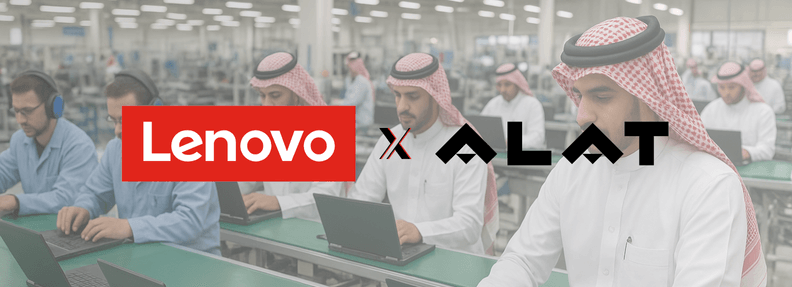
2024 Gulf Job Seeker Insights: Challenges, Preferences, and Trends
1. Job Hunting Challenges
| Challenge | Percentage |
|---|---|
| Salary mismatch | 51% |
| Nationality-driven opportunity disparity | 29% |
| Skill gap | 12% |
| Miscellaneous | 8% |
Over half of the respondents identified salary mismatch as their primary challenge, underscoring the importance of transparent compensation structures. Nationality-driven disparities and skill gaps also represent significant hurdles in the Gulf’s job market.
2. Work Week Preferences
| Preference | Percentage |
|---|---|
| 4-day week supporters | 56% |
| Industry-dependent | 21% |
| Traditional 5-day week | 13% |
| Unsure | 10% |
A majority of job seekers advocate for a 4-day work week, reflecting changing attitudes toward work-life balance. However, 21% suggest industry-specific flexibility, and traditional models still hold sway for a smaller segment.
3. Job Negotiation Challenges
| Challenge | Percentage |
|---|---|
| Salary expectations | 40% |
| Articulating preferences | 31% |
| Countering offers | 15% |
| Negotiating benefits | 14% |
Salary negotiations remain the most significant challenge, with many job seekers struggling to communicate their preferences effectively. Counteroffers and benefits negotiations also emerge as areas requiring improved employer-employee dialogue.
4. Most In-Demand Non-Monetary Benefits
| Benefit | Percentage |
|---|---|
| Professional development | 32% |
| Health benefits | 27% |
| Flexible work | 20% |
| Vacation time | 11% |
| Stock options | 10% |
Professional development and health benefits are top priorities, indicating a desire for career growth and personal well-being. Flexible work arrangements and additional vacation time also gain traction among job seekers.
5. AI: Boon or Bane?
| Sentiment | Percentage |
|---|---|
| Performance enhancement | 77% |
| Job threat | 11.5% |
| Uncertain impact | 11.5% |
An overwhelming majority view AI as a performance enhancer, showcasing optimism about technology’s role in the workplace. However, apprehensions about job security and uncertain impacts underline a cautious sentiment.
Summary of Job Seeker Sentiments in the Gulf
The survey highlights a dynamic shift in workforce priorities across the GCC region. Job seekers emphasize transparency in salaries, a balanced work week, and opportunities for professional growth. While AI is largely seen as a tool for empowerment, there are valid concerns about its implications on job security.
Addressing these sentiments requires tailored strategies, such as equitable hiring practices, offering non-monetary benefits, and fostering open communication during negotiations. By aligning employer offerings with job seeker expectations, the Gulf region can cultivate a thriving and satisfied workforce.



